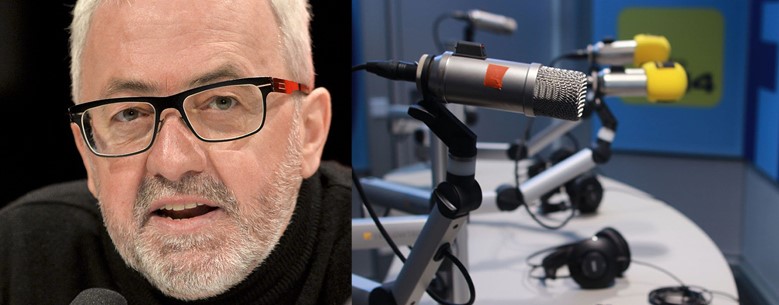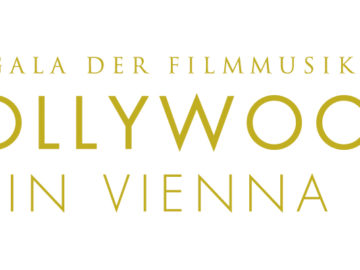Radio – something we all know and listen to or at least we did. With todays’ stream platforms like Spotify there are less reasons to listen to the Radio than it was in the earlier days. Wolfgang Schlag, a culture editor of ORF (German: Österreichischer Rundfunk), talked in his lecture about the history, development and social relevance of public Radio in Austria. His work contains of radio journalism and making Radio features about social and political reportages. The ORF is the second oldest radio station worldwide (it was built in 1939 by the Nazis). The oldest Radio station is located in Helsinki.
The history of radio started on the 2nd November 1920 in Pittsburgh when the first Radio went on air. Straight afterwards, some governments worldwide started Radio as a new communication tool. The broadcast content started with music, literature, educational content and already the commercials. In 1934 the Austrian/German Radio was taken by the NS which influenced the program and helped them to spread their ideology. They also used the radio for giving short information about the second world war. In addition to that, Schlag mentioned that in 2000 members of the FPÖ in Austria went to Klagenfurt and took over the Radio station there, which is kind of a “Nazi reminder” if you compare it like that. As that might tell already, Radio is nowadays still an important media for politics. In 1960s Radio Luxembourg had the first “good music program” live on air, Schlag said. And with that, he mentioned the “John Peel Sessions” which was a good music format with a famous Radio DJ. Here is an example of a John Peel Session with Fleetwood Mac from 1969, broadcasted on BBC Radio 1:
With the 1960s, there came a time for modern pop music like Beatles. That’s one of the reasons why Ö3 started in 1967 with broadcasting different genres of music like latin, pop and jazz. There was a radio show called “MusicBox” which was always one hour long and – Schlag was really passionate about that show which could be felt also virtually. He said that the show provoked through diversity, funny interviews and Q&As which was especially interesting for younger people from the countryside.
Schlag divided the content of radio in two main categories – the journalistic format on the one hand and the sound/music/voice combination format on the other hand. So there were “Headphone-Shows” where you especially and really listen to the music and the sound content on the Radio instead of having it turned on while doing something else.
Nowadays, the working conditions for Radio are rather simple by just using a laptop and a microphone. That’s why it was quiet easy for him to work from home while the Corona crisis. His point of view about his work is that he is taking care about the Austrians through Radio by offering education, democracy and fun.
One really interesting fact that Schlag mentioned was that the fake news which are spreaded all over the social media platforms are coming from Russia as a way to destabilise Europe through the fake content. If that is true – I have no idea. But he is the journalist, I hope he knows what he is talking about, this is quiet an indictment.
Nevertheless, he also pointed out the sustainable effort and design in the Radio work. There is the social aspect, to be responsible and doing something for the society to help the people to work on a sustainable future and society. Schlag mentioned the Radio inniciative “Reparatur der Zukunft” which should help to form and influence the market of the future.
To end this blog post with his words:
“These are times to change something – let’s do it!”

